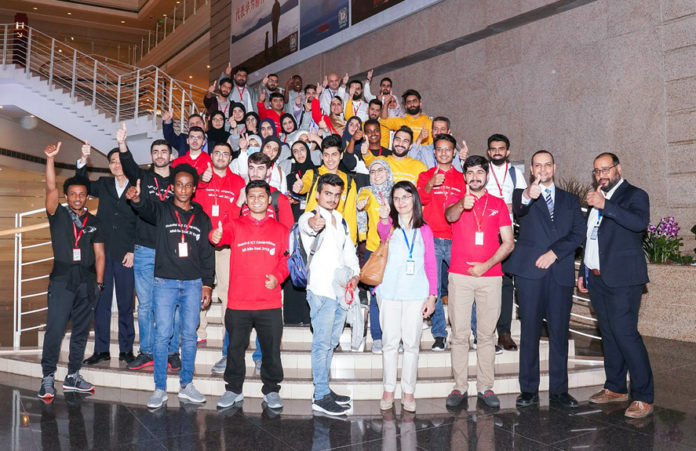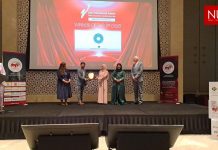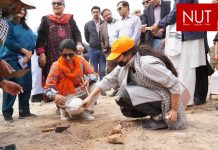Lahore (Muhammad Yasir) The ICT talent gap in the Middle East must be addressed by the public and private sectors, said ambassadors and academic chancellors from across the region during the recently held ICT Talent Education Summit roundtable. The high-level discussion was hosted as part of the final of the Huawei Middle East ICT Competition 2019, which has concluded at Huawei’s global headquarters in Shenzhen, China.
As part of the Competition’s finale, China-based ambassadors and chancellors from the Middle East—representing the countries of participating students—gathered to assess the ICT sector in the region at present, and how to evolve it in the years to come. The ICT Talent Education Summit roundtable also involved academic tutors from the region, senior representatives from the UNESCO Centre for Innovation in Higher Education, the Chinese and Foreign Humanities Exchange Centre, the Department of Education and Ministry of Education in China, and the South University of Science and Technology in China.
During the roundtable, Huawei released a new whiter paper exploring ICT talent development in the Middle East. The report cites the rapid development of technologies such as 5G, AI, and cloud computing as having a significant impact on local economies leading to business growth and social development. The Middle East and Africa, as a region, spent an estimated USD$230 billion in the ICT sector last year—according to IDC—and that spend is expected to grow to USD$245 billion by the year 2020.
Roundtable participants voiced a clear consensus that governments should aim to increase investment in ICT talent enhancement and present solutions on how to address the shortage issue. Meanwhile, universities must strive to adapt their curriculum to meet the requirements of ICT talent cultivation in the future, with industry stakeholders such as telcos and leading vendors like Huawei making their own contributions to developing talent and building the ICT talent ecosystem through open collaboration with all related partners and players, in addition to targeted CSR initiatives, programs and other activities.
Charles Yang, President of HUAWEI Middle East, said: “There is a lot that the public and private sectors can still do to promote the development of ICT talent who have the capability to carry our societies forward in the new, intelligent digital era. Huawei is committed to building the ICT ecosystem in the Middle East, encouraging and fostering talent within the sector through initiatives such as the Huawei ICT Competition, Seeds for the Future program, Huawei Academy, and internship programs.”
“The ICT sector is growing in popularity amongst young professionals, but there is still a long way to go in order to close the talent gap. We must openly collaborate to make the development of young ICT talent a priority for all,” Yang added.
Recognizing the ICT sector’s growing impact on societies and businesses alike, countries across the Middle East are now implementing plans to take advantage of emerging technologies that can support digital transformation. These technologies now play a critical role in sectors such as oil and gas, construction, healthcare, and e-government. Many governments are now helping to facilitate that digitization by setting up ICT parks and special economic zones whereby foreign investors can now hold 100% business ownership. A recent Booz & Company report showed that this strategy has been working effectively, but more such efforts are needed to meet the demand.
For its part, the Huawei Middle East ICT Competition aims to nurture local talent by bringing together government authorities, colleges, and universities to support future leaders. The Competition also promotes innovation and creativity with the intention to increase national ICT competitiveness. Throughout 2019, the Huawei ICT Competition attracted more than 21,000 student registrations from 437 colleges and universities in 10 Middle East countries. This year’s final had a total of 13 teams and 20 ministries participate from countries across the region.







